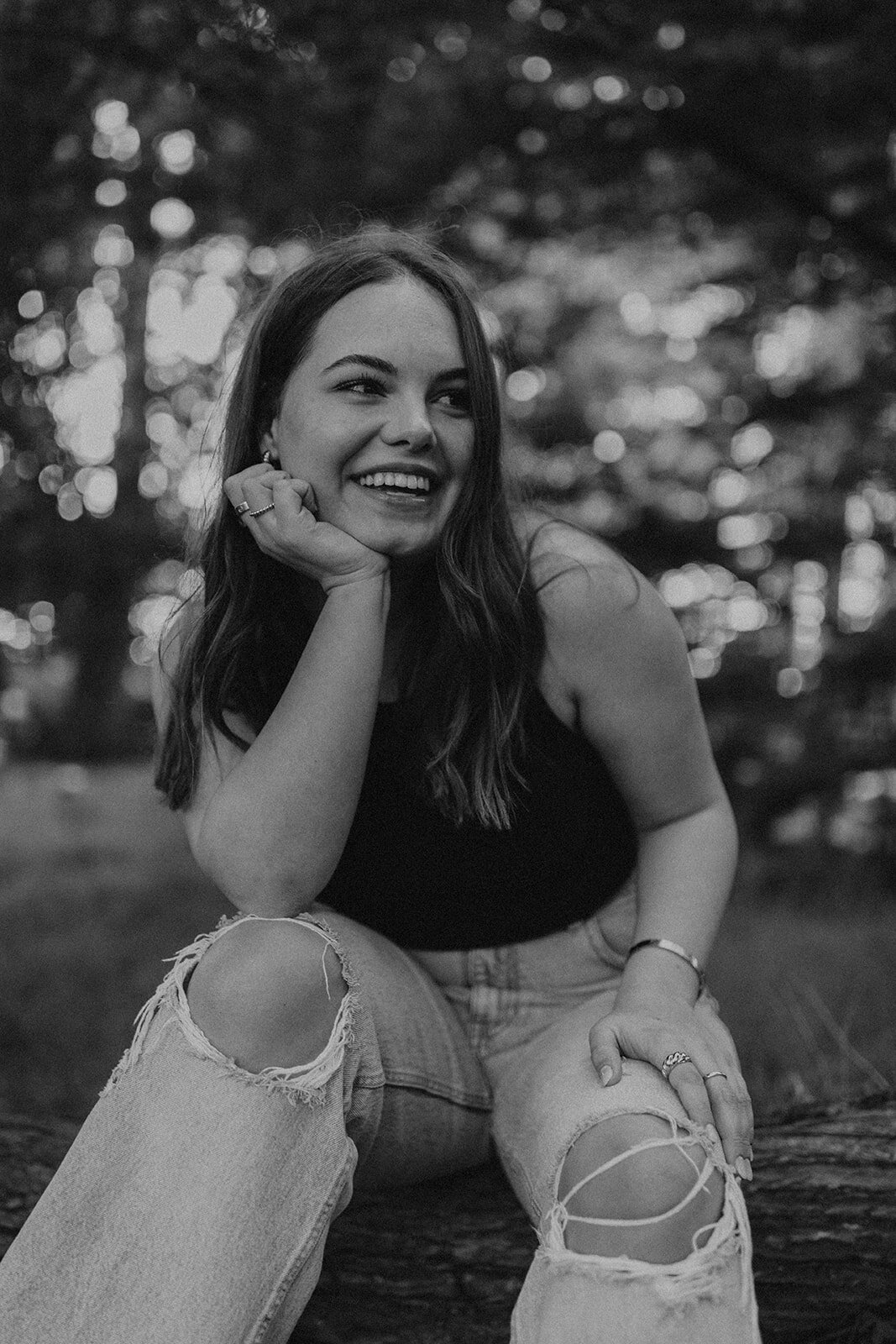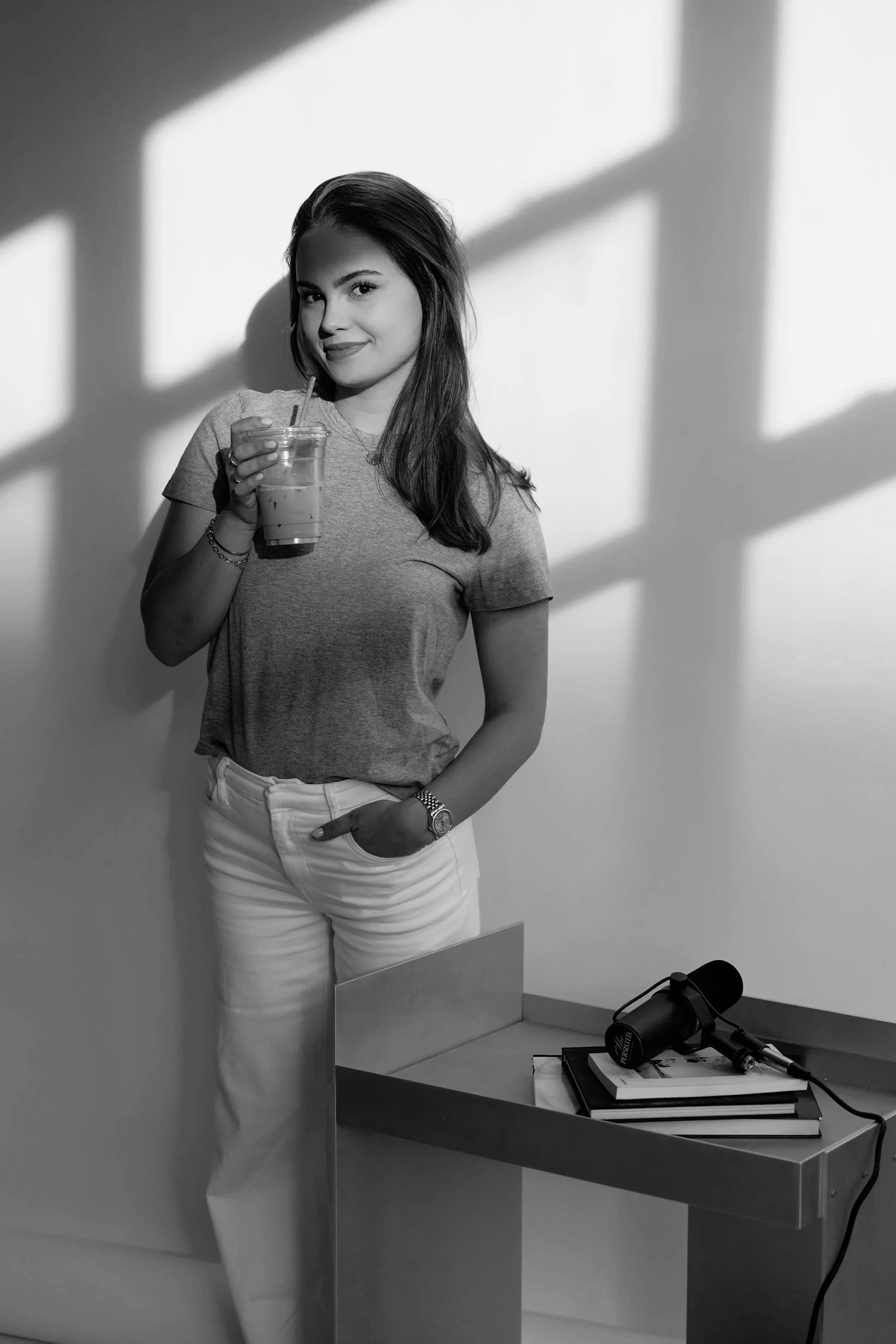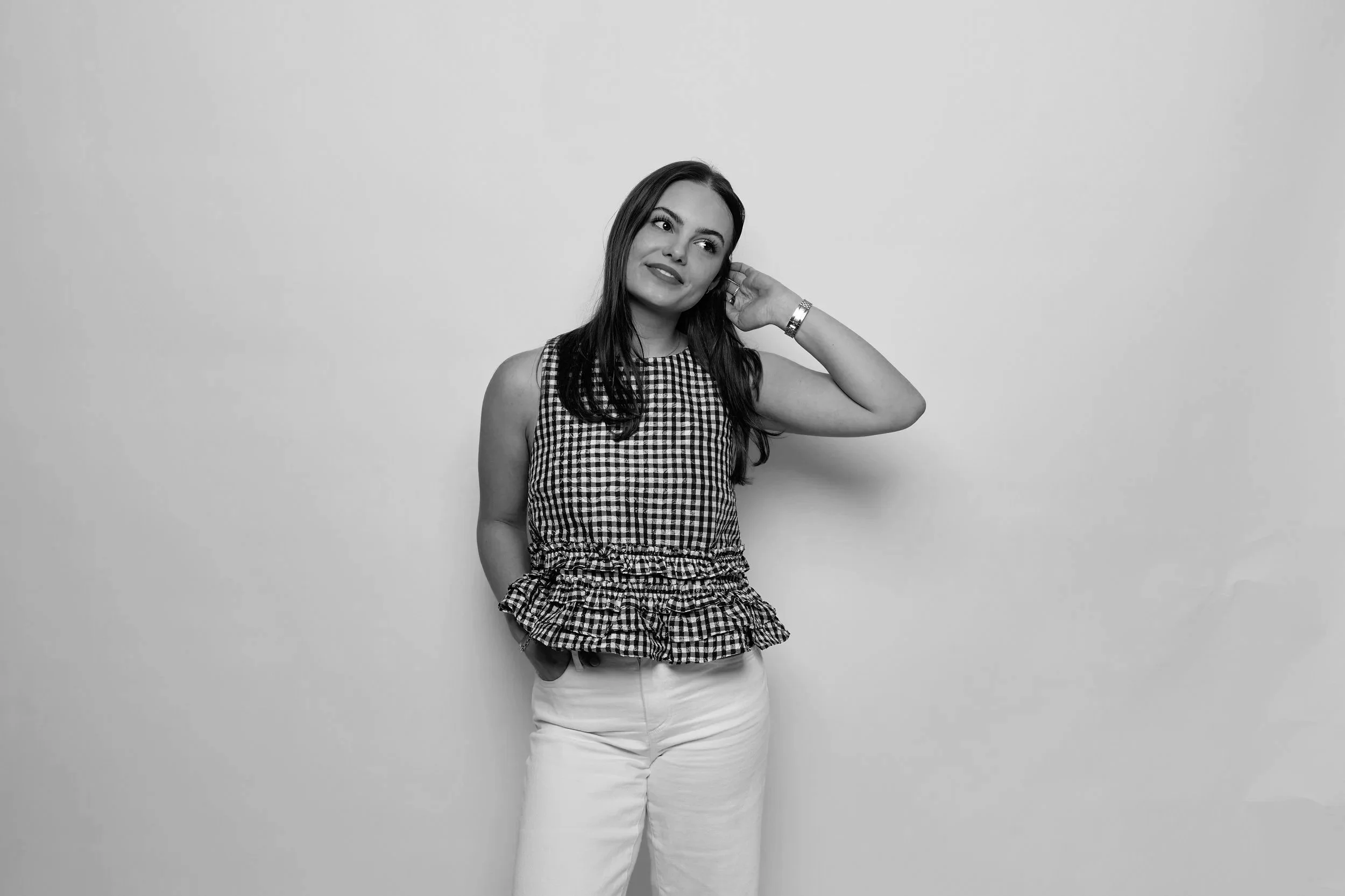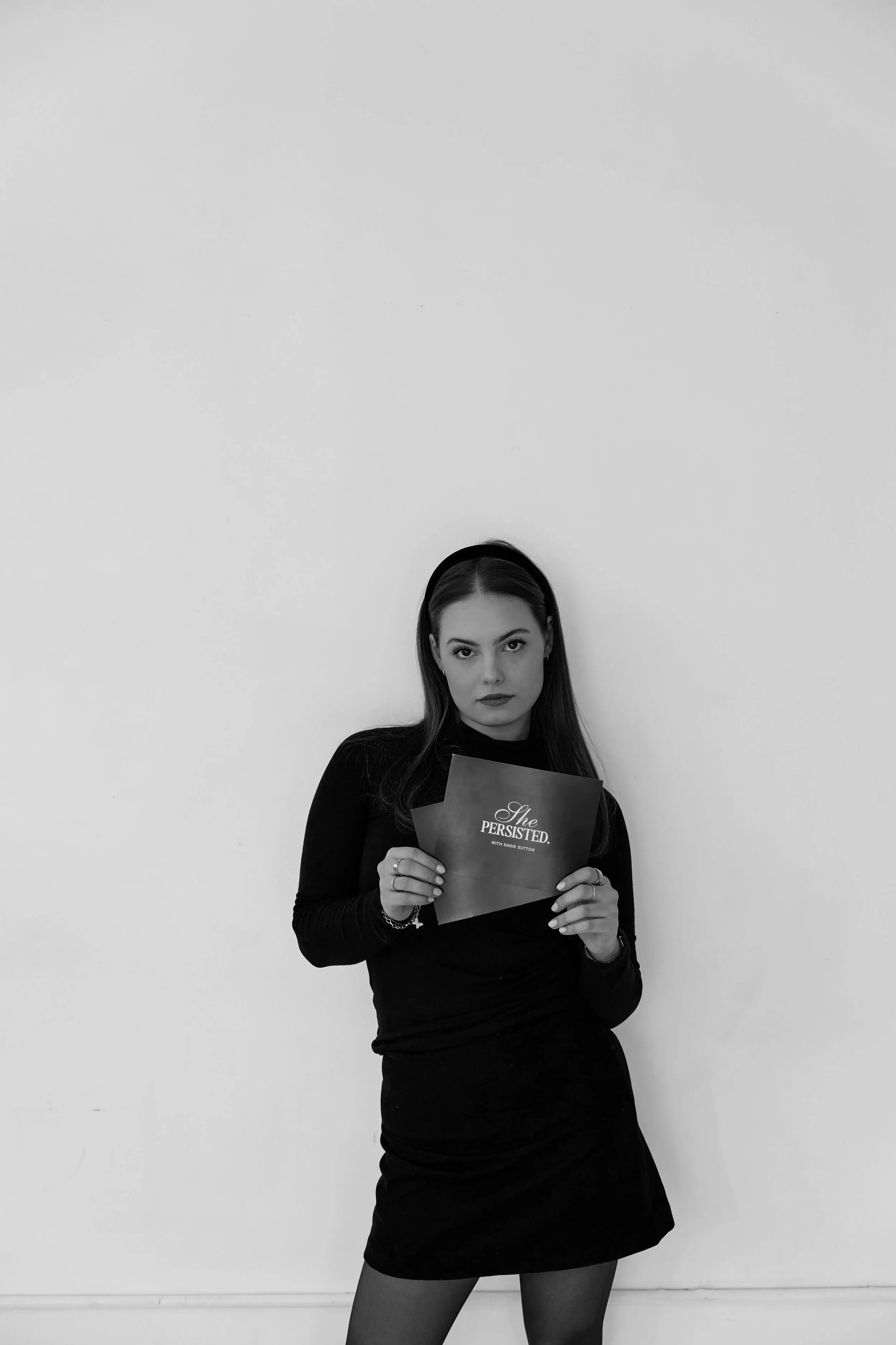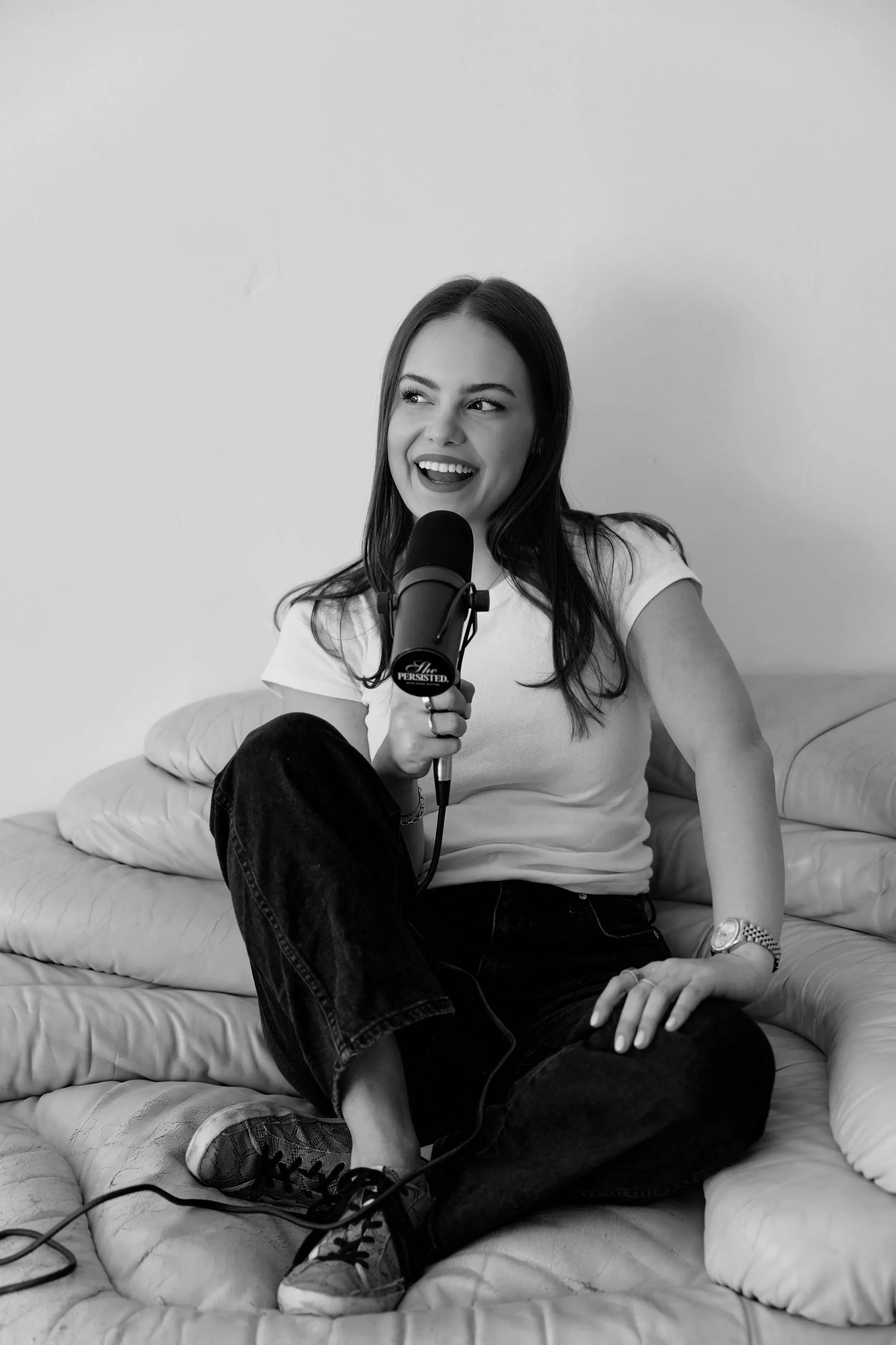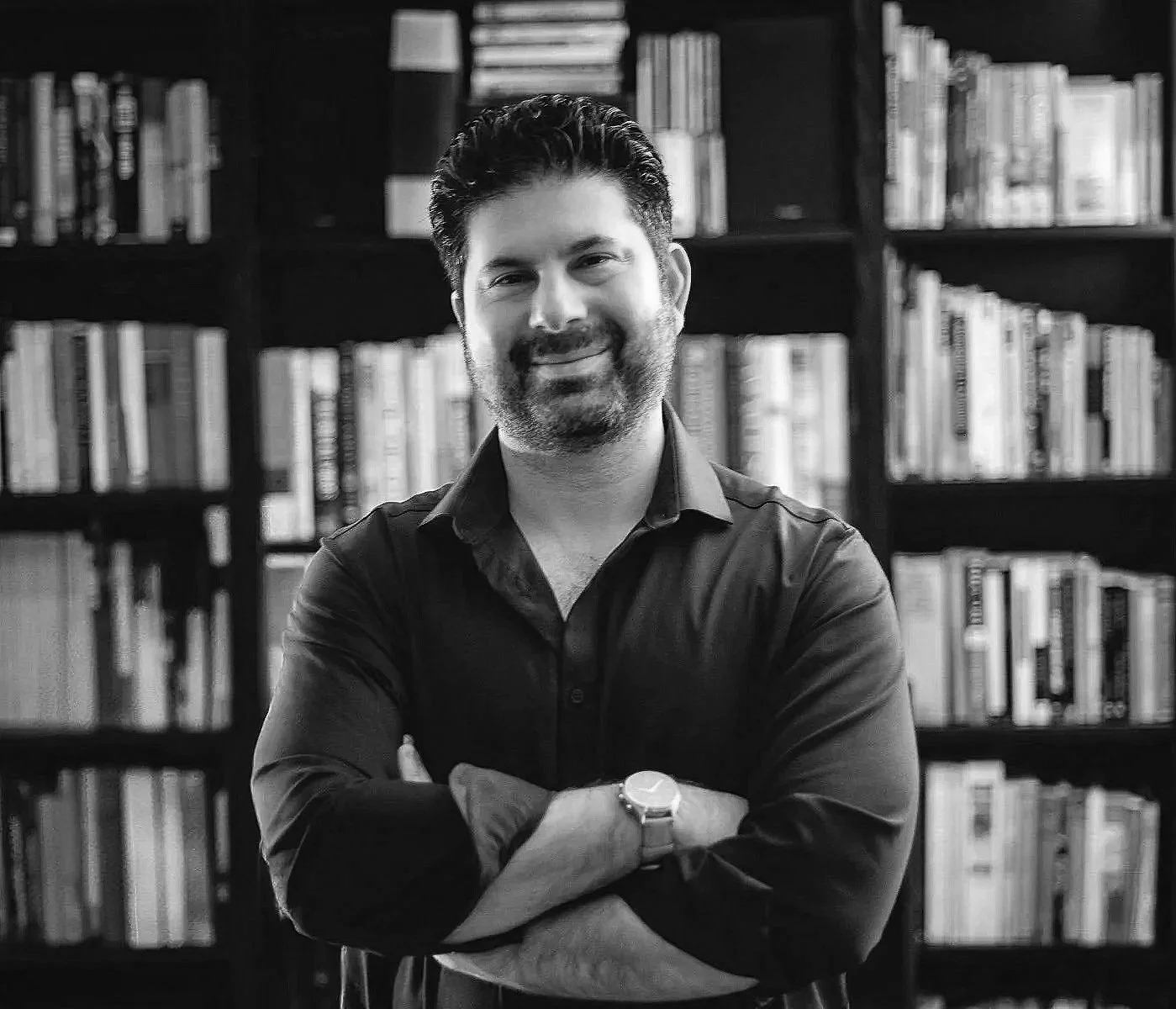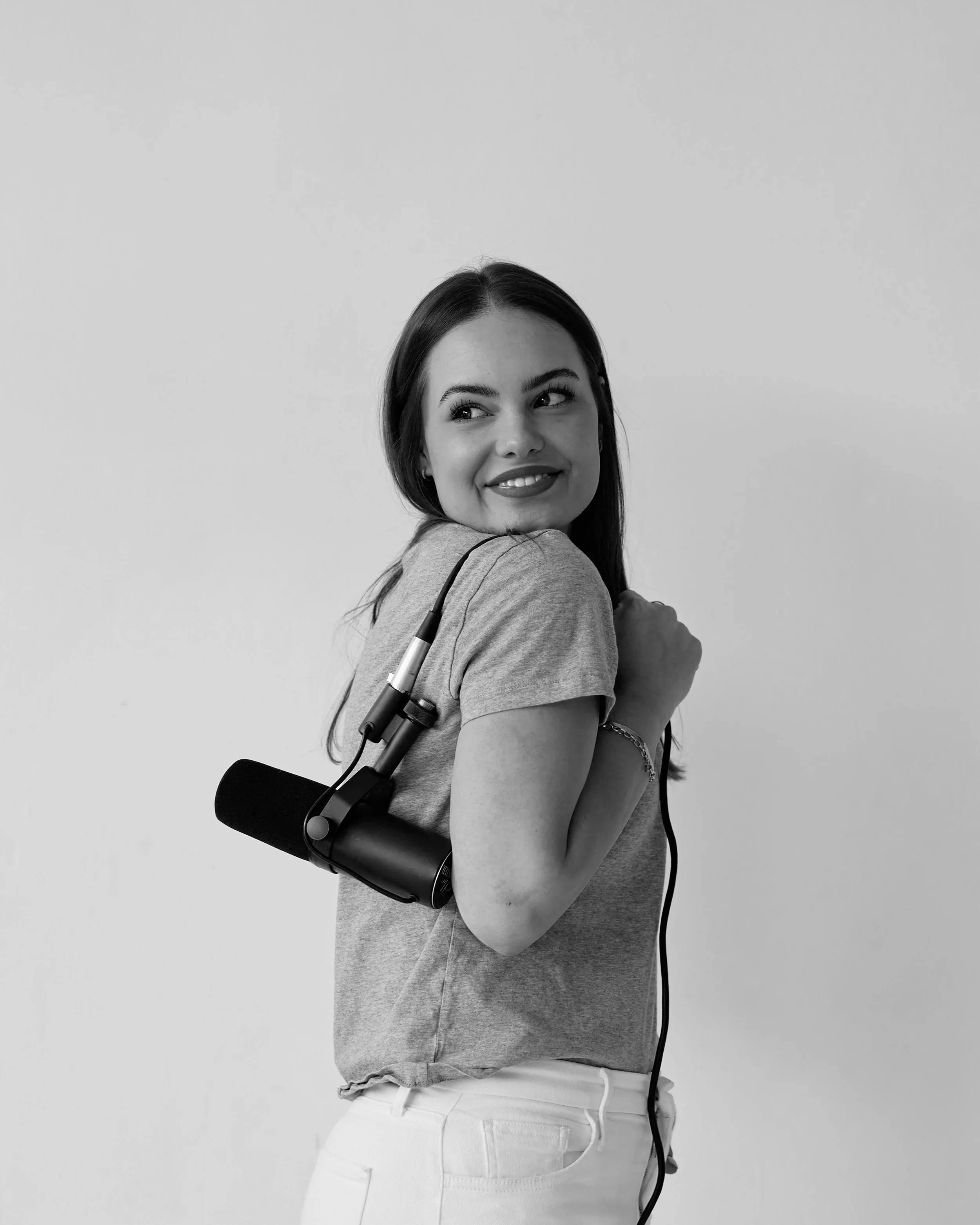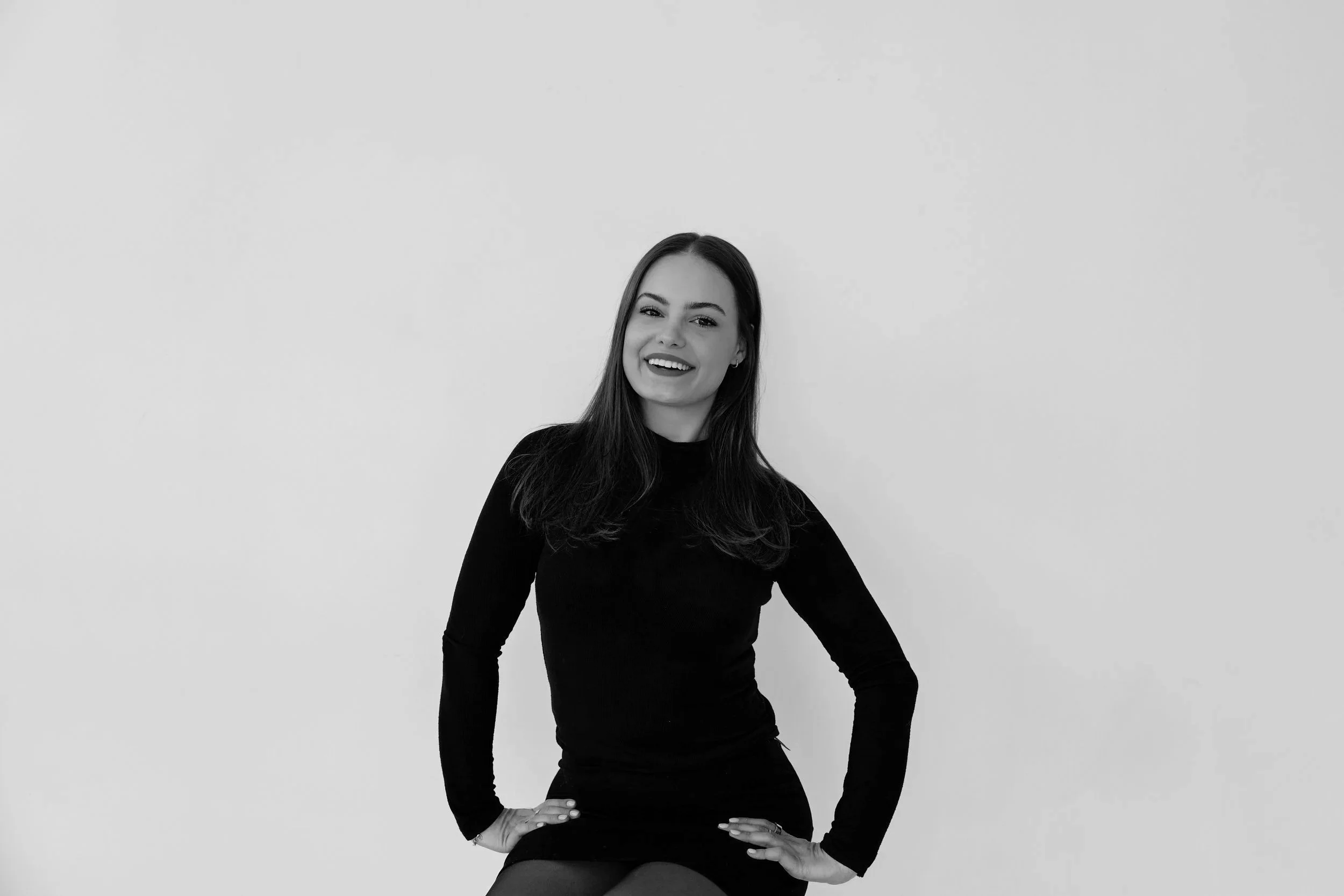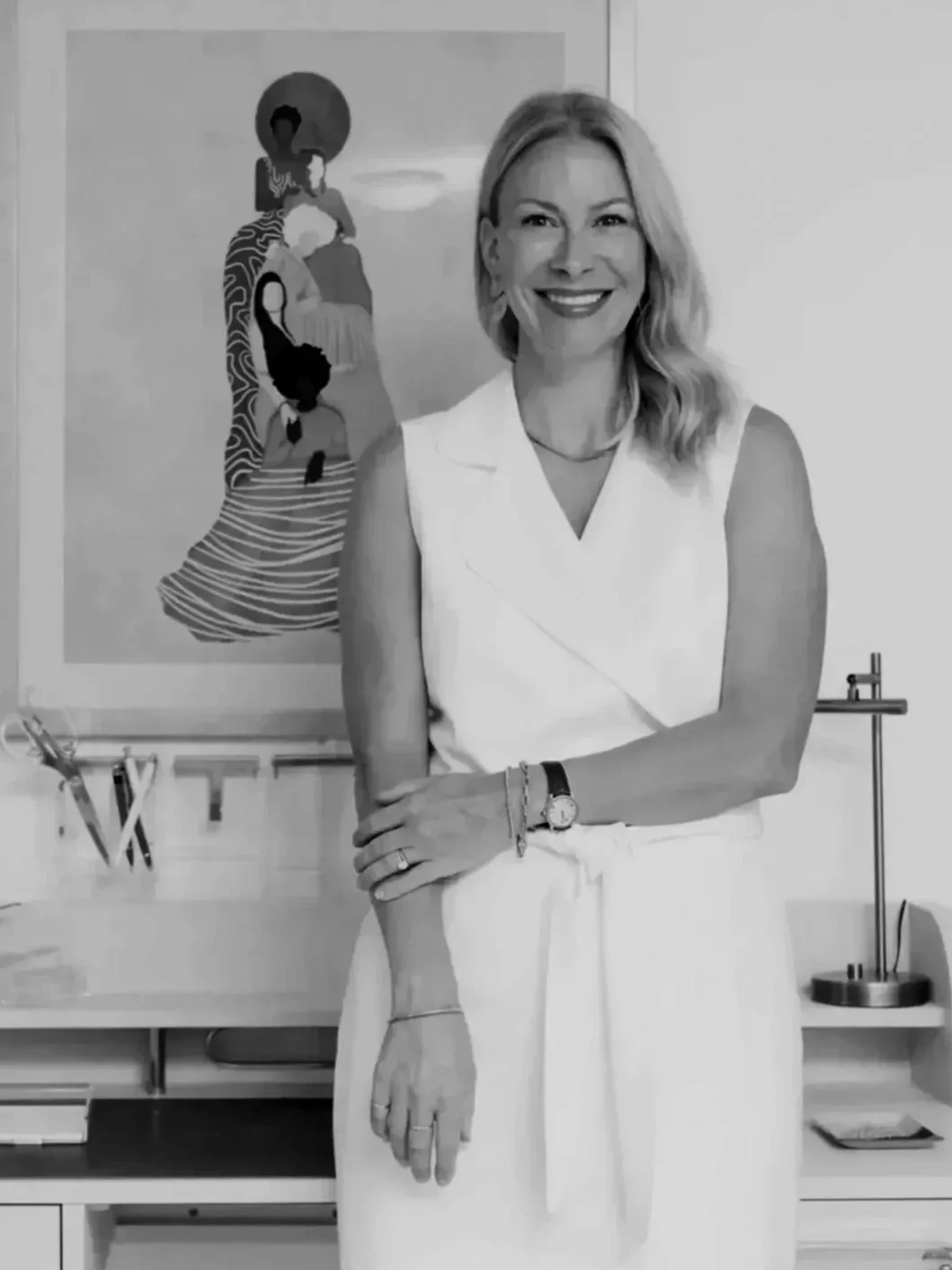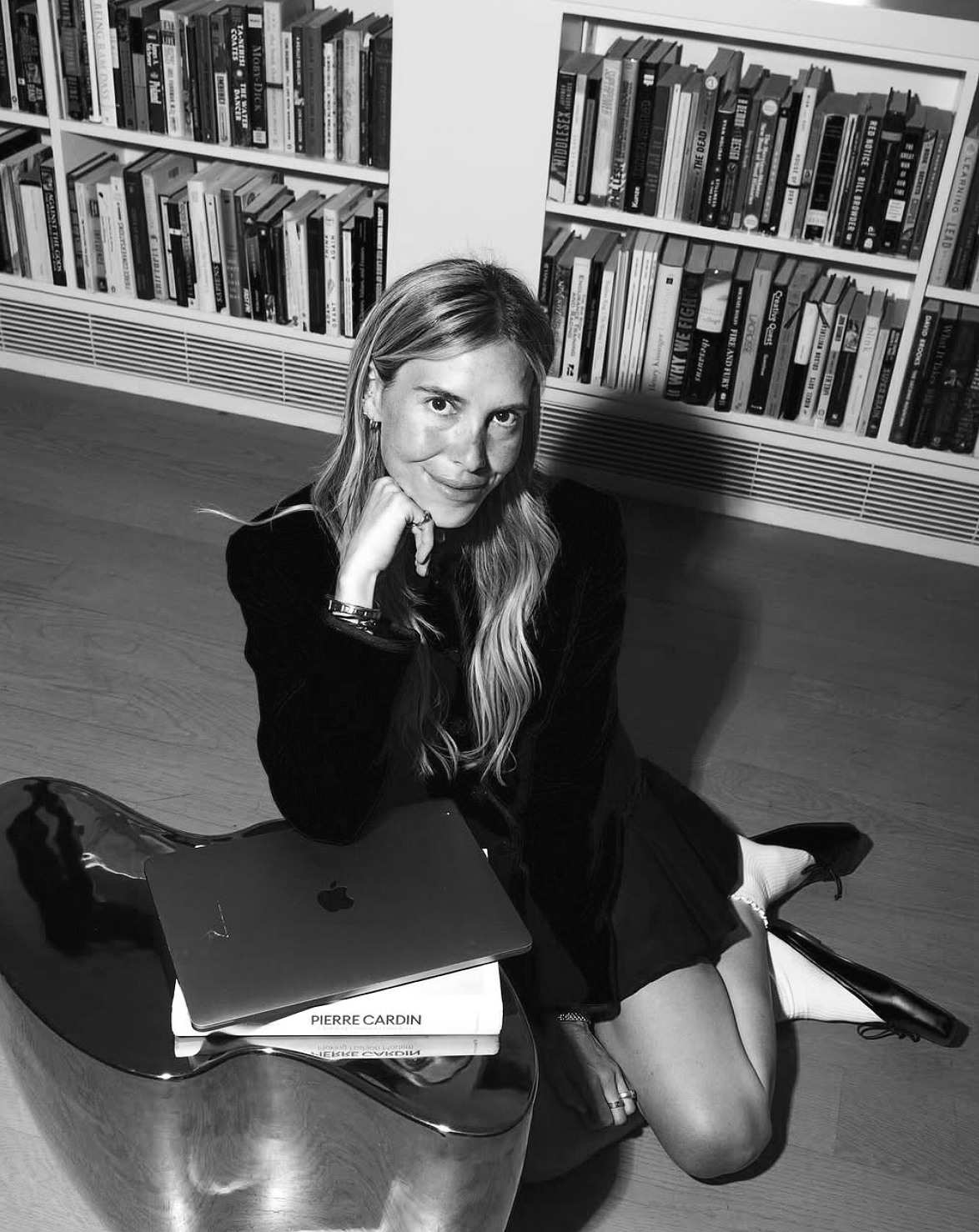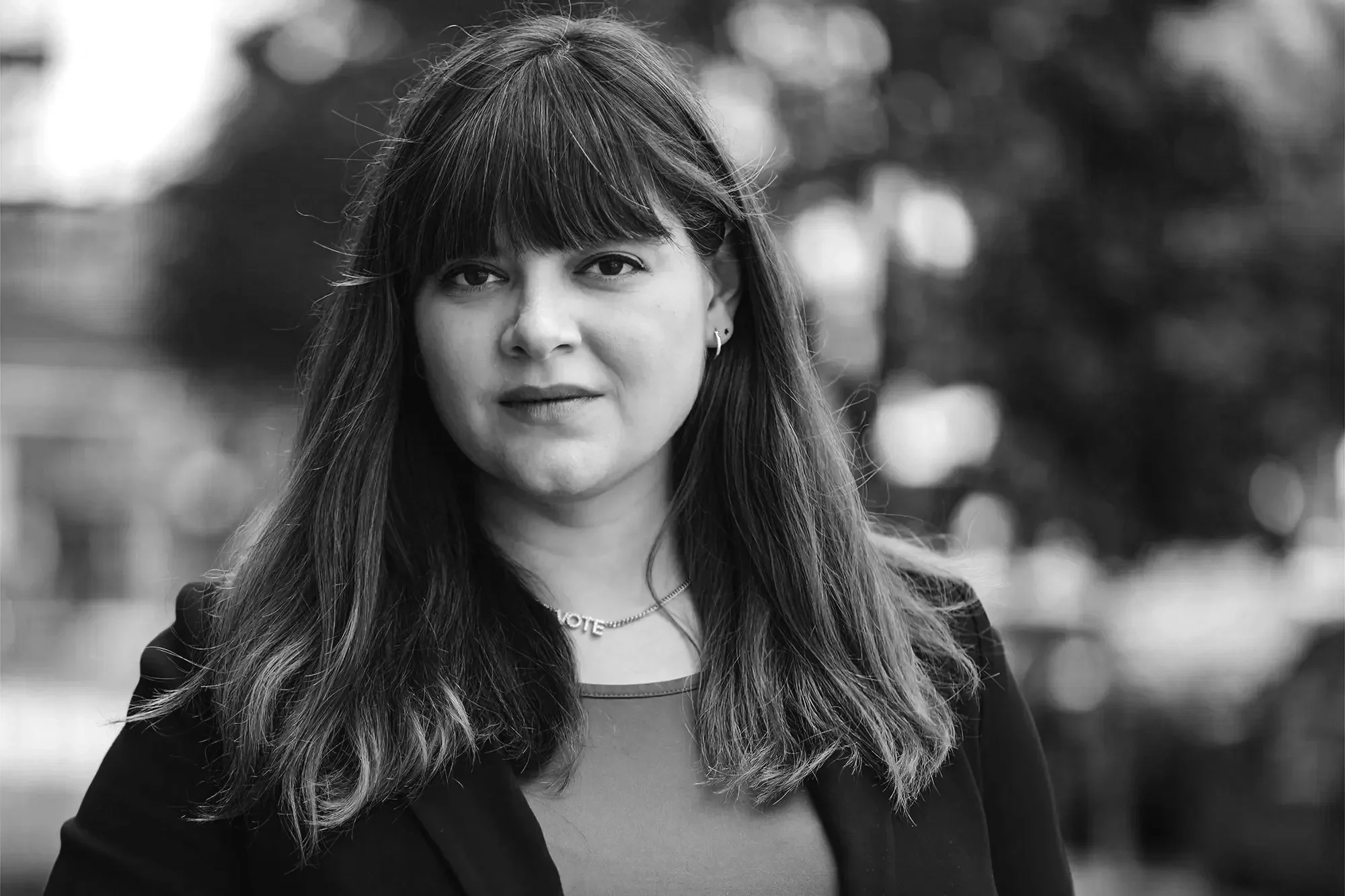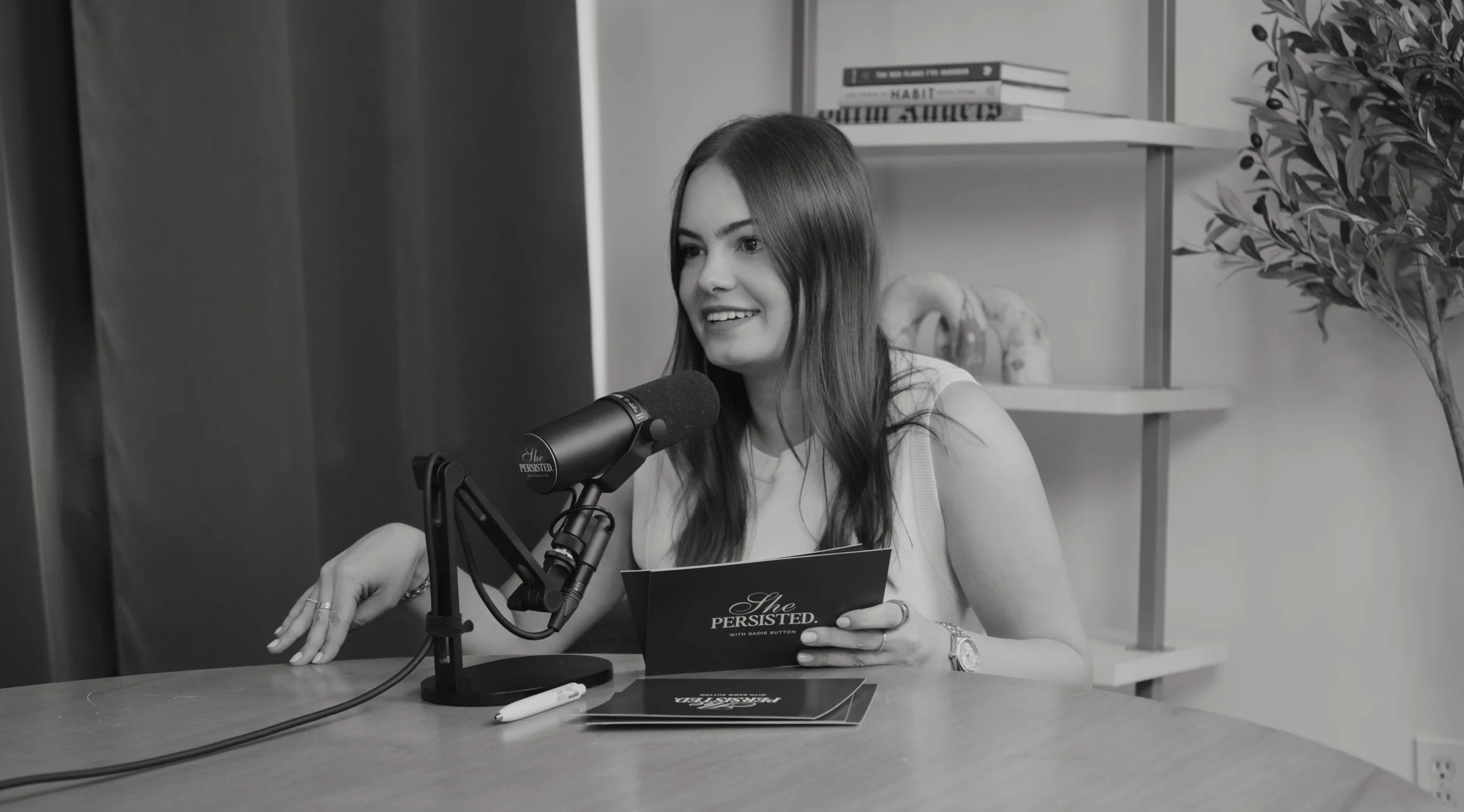1. A teen’s perspective: depression and anxiety… my core beliefs, the decision I made to work on myself, and my journey through intensive mental health treatment
After 25 episodes, I went back and re-recorded my first episode. I talk all about what inspired me to start the podcast, my story, and my personal journey.
About She Persisted (formerly Nevertheless, She Persisted
After a year and a half of intensive treatment for severe depression and anxiety, 18-year-old Sadie recounts her journey by interviewing family members, professionals, and fellow teens to offer self-improvement tips, DBT education, and personal experiences. She Persisted is the reminder that someone else has been there too and your inspiration to live your life worth living.
listen to this episode:
Tune in and subscribe on your favorite platform: Apple Podcasts | Spotify | Stitcher | Google Play | Radio Public | PocketCasts | Overcast | Breaker | Anchor
Sadie Sutton: Okay, so I started this podcast a year ago and it started while I was still in intensive treatment. I was living at a therapeutic boarding school in Montana. And while was recording these episodes every day it was changing whether I would be able to leave treatment, whether I would be able to graduate, and all these things were up in the air, and yet I felt more grounded than I'd ever felt before because for the first time I felt like I'd made it.
And what I mean by that is that for the first time I felt like I was in control of my emotions, I felt like I was in control of my relationships, and I felt like I was in control of my happiness. I'd gone for what felt like forever without feeling true joy or really loving those around me or loving my life I was living.
I had so much hatred for everything. And so a year and a half into this intensive treatment, got to this point where I was like, I, I've made it like this feeling of happiness and joy and this love for life that everyone talks about, but I never experienced. I felt like I'd gotten there and it was crazy because a year before that if you would have told me that I would be happy someday... so many people try to tell me that I would, doctors, my parents, my friends, family members, they would be like, "this won't be forever. Things will change. It doesn't have to be like this. Your life doesn't have to be this sad."
And I was like, "no, what are you talking about? Like maybe other people can live a life they love. Maybe other people are happy, they can enjoy things. I can't, like, it's not possible for me. Like I just, that doesn't work for me."
“And, so I genuinely, genuinely to the bottom of my heart, believed that things would never ever change. I didn't think I'd ever be happy. I didn't think I'd ever loved my life, and I didn't think I'd ever want to live it, which is something really, really sad for someone that's 13 or 14 years old to believe.”
- Sadie Sutton, Ep. 1
And that still astonishes me now that that was truly what I thought. And so I got to this place a year and a half later where I felt like I'd gotten, I'd gotten that happiness and it wasn't like I was like, okay, I got, I'm happy. We're done. Like, we're good. Check mark it's here forever. But it was definitely not that. It meant continuing to work on those relationships that I built. It meant continuing to be vulnerable and connect with people so that that connection could fuel my happiness. And so it wasn't like, okay, done. We got it. We made it. This is over. It was. I've made it. And if, if me, the person that believes or that believed that happiness was impossible has become happy, like I gotta do something about this. Like I got to tell people, because if I can do it, if I, someone who was so sad and so depressed for so long can be happy that anyone can do it.
So that's kind of why I started this podcast and the seed for a podcast itself as a way of storytelling was planted about a year before that when my dad was dropping me off with my mom at residential treatment and we were sitting in this kitchen with my future therapist and my future psychiatrist.
And I was asking them these questions like, "why is this different from other treatment I've tried? Like, are you sure I'll be happy after this?" When I look back at it, it doesn't feel real. I was sitting in this like giant brick building outside of Massachusetts.
We were on the third floor and we'd gone into this meeting, my parents and all of these doctors, and they asked me, do you want to be here? Do you want to be at this intensive residential program where you'll live for the next four to six weeks without your parents, do you want to be here? I was like, absolutely not.
And I think they, they looked at me and were like, okay. And like five minutes before that, they asked if I wanted my parents in the room while I answered some questions and I literally kicked my parents out.
I said, Nope. I don't want them in here. And so like that kind of speaks to how fractured and how damaged that relationship with my family was. They, they'd flown across the country with me for me to work on my mental health and the hope that I would be happy. And this first moment of that, I kicked them out.
I literally just told them to leave. So that relationship was struggling a lot. And so back to in that kitchen, it had been established that I didn't want to be there, and so these doctors had told me until you can find the wisdom in this treatment, the treatment, it was dialectical behavioral therapy.
They said, until you can find the wisdom and believe that it could work for you, you can't come to this program because if you don't choose to work on yourself, nothing will change. We can't force this on you. You've already tried dialectical behavioral therapy at home and you know, nothing changed. So unless you are the one to choose to get better and choose to work on yourself, this isn't going to change.
And you can't be here because it won't help you. So I, they said I could think about it and. When they said that if I didn't choose to go there, I could go. I would be going somewhere else where my parents could drop me off without my permission. Deep down in my gut, I knew 100% I wanted to be at this place and it was terrifying.
There was so much unknown. I didn't know any of the girls there. There was 12 other girls I think at that residential program. I was living on the other side of the country, alone without my family. I didn't know what I would be able to leave. I didn't know my therapist yet. I didn't know my doctors. There w so much unknown.
But the idea of going somewhere with no control where I wouldn't be choosing to get better, it would be forced upon me was even more scary. So in my gut, I knew, okay, I, I'm gonna go here. Like I kinda knew that, but I was like another day without being at this place yet in a hospital. Absolutely. So I told them I was going to take the night to think about it.
And so. We came back later that day with my list of questions that I'd written down at a restaurant, on like the napkin, and it was like, "why is this different from what I've tried before? How do you know that I will be happy? How do you know that this whole work ?" there was other questions, like, "what does the schedule look like?
Well, when will I leave?" Like all these little details when my parents visit, stuff like that. So I was kind of concerned about the logistics and what my life would look like. And the other half was. Why the heck would this change things like I have tried everything. I felt like I'd been to so many therapists at home.
I tried different inpatient programs. I'd done outpatient programs all day. I'd done DBT. Like I felt like I tried everything and nothing was working, so I asked them like. "Why would this be any different?" And so they answered these questions and they said, you know, part of it, is you're choosing to work on yourself.
And that that's something that I now believe so firmly in, is that
“if you don't choose to work on yourself, nothing will change.”
- Sadie Sutton, Ep. 1
So that was one thing that they said, you choosing to be here and seeing the wisdom in it and truly putting your all into this program. That's one thing. The other thing is they said there was overwhelming evidence that dialectical behavioral therapy for adolescents experiencing depression and anxiety and intense emotions. It works. And it decreases all of these behaviors that you're exhibiting and all these really overwhelming emotions. so I was like, what the heck? Like I deep down in the pit of my stomach decided that I wanted to be somewhere where I had a little bit of control and these things, they were telling me that it worked.
What the days would be like, that I could trust them. Like that kind of solidified it so. We're in this kitchen. And my dad, he asked them, he's like, "can she have a recording device here?" And they're like, "absolutely not." No, she can't have a recording device that's like totally against, like privacy policies and all of that, like not even possible.
And so he was like, see you think about how cool it would be if you could record a podcast about all this stuff that you're going through. And I'll say, dad. No, I was like so angry at my parents. I was so angry at the world, like the thought of a being vulnerable, not even being vulnerable. The thought of voicing what I was feeling, the thought of emoting and like accepting that I was feeling emotions and then the thought of sharing that with someone who's not even in the picture.
I was like, absolutely not. First I was like, this is embarrassing. You just ask these doctors who I'm going to be living with basically, if. I could have a recording device. And then like I was like, no. So that was that first seed of that podcast that was kind of put there. And so I ended up spending 14 weeks in Massachusetts and things really did change. They were right. every single thing they said to me about my depression, getting better in my anxiety decreasing and my relationships with my parents improving, every single thing they told me that first day. It really was true and it didn't just magically happen.
I put my all into it. Some days (mean't weeks) I would be doing therapy four or five days a week. I completely rewired my sleeping patterns. I changed my whole on mindset about what I would eat on a daily basis. I went through these uncomfortable and exhausting family visits where my parents and I would struggle to have conversations and sit together and try and function by ourselves after so long of just having so much anger and misunderstanding and sadness from both ends.
So I spent 14 weeks learning these skills that we're part of dialectical behavioral therapy. And I spent 14 weeks working on myself and my relationships and my family and things did change. So me going into this being the biggest doubter, the biggest believer that I would never be happy again. I started to feel that I, and it wasn't that I was happy, it was that I wasn't depressed.
And so that was so foreign to me because for years before that, I had been feeling depressed every single second of every single day. And so it was a new, it was a new way of living where I would wake up in the morning and I was like, Whoa, I don't want to stay in bed. Like I don't feel this blanket of sadness and guilt and shame and just lack of motivation and exhaustion.
I didn't have to carry that weight anymore. So I spent 14 weeks there and that big shift happened. And then I, I went on to go to a therapeutic boarding school and I spent 12 months there and. Well, I changed these, the surface level emotions for the depression and the anxiety. I still had these really, really strong core beliefs.
“I genuinely believed that I didn't deserve to be loved by myself, by my parents, by anyone. I didn't think that I would ever be good enough for my parents. and part of that belief was that I felt like I'd irreparably damaged my relationship with my family when I was depressed.”
- Sadie Sutton, Ep. 1
I felt like, because I'd pushed them away so much because of how I'd been mean and rude like they would never love me and they would never want to have a relationship with me.
And so, those were like the big, big, big core beliefs that I had and that I, functioned in. And I also had this extreme aversion to feeling emotions, which sounds like such an odd thing because as humans, we all feel emotions. emotions are what help us survive. They tell us when there's a danger there, tell us when there's something positive that we should keep and hold on to.
And so I. I realized I learned while I was at boarding school that the way that I feel emotions is like to the max, it's like 12000% and I don't, I of course don't know how other people experience emotions because I'll never be in someone else's mind and in their body to be able to know that. But I just know that when I'm sad, I'm really, really, really sad.
And when I'm happy, I'm really happy. And so when I was depressed, I was so depressed and that took over everything. So. Because I knew, I feel that felt those emotions so strongly year after year. And I learned to not feel that. And it wasn't that I didn't feel the emotions, it was that I would avoid them.
And so my parents were like, Hey Sadie, how are you today? Fine, and then I'd ignore them because the thought of being like, actually, I had a bad day today. Like that would bring me to tears because I was bottling up so much and I was avoiding so much and that made it worse. That'd be so much worse because the emotions just got stronger and more overwhelming.
But the point of all that was that all my life I'd, I'd learned that when I felt an emotion, it was strong and it was overwhelming and I felt out of control and I didn't know how to. Be effective. I didn't know how to manage it. I didn't know how to tell people about it, so I learned, I taught myself that it was better to just not feel emotions.
I taught myself that I am good without feeling things. And bottling them up and pretending like it doesn't happen and kind of like explodes a little bit sometimes. Like sometimes I'll just be really, really sad and I cry a lot. Or sometimes I have a really down day, but it's fine. Like this is good. And so that was the mindset I really kept myself in for such a long time.
And so that was another, not as much of a core belief, but a way of living that I've established so. During those 14? 14 months that I spent at boarding school, I kind of had to rewire those beliefs, which was one of the hardest things that I've ever done because these walls that I put up around myself to protect myself from being hurt or feeling sad or being vulnerable--I had to put those down and I had to. Tell people that I cared about them and that they meant a lot to me. And I had to show my emotions around people because then I would have connections. And those connections made me really, really happy. But when I was feeling those emotions and when I was. telling people that I loved them and I cared about them, I was letting down those walls and that meant that I could get hurt.
They could fit well, actually, like I don't want a relationship with you, or actually you're really annoying , which really hurts, like that rejection and that, that, that hurts, that hurts so, so, so much. And I, for so long, I didn't believe that it was worth it. I didn't believe it was worth risking rejection to.
Have a relationship that wasn't a hundred percent guaranteed, like that logically didn't make sense to me. And so during those 14 months, I, I rewired the belief that I didn't deserve to be loved and I was slowly, slowly, slowly let little bits of love come in. I would let my parents hug me and I'd let my friends in and I'd tell them about how I was feeling and what I went through.
And month after month, I got better at it and now I can, I can tell my parents I love them and I can let people tell me that they love me and that they care about me. And it doesn't make me physically uncomfortable because I'm so worried that now they know and then I could be rejected. So I rewired that belief and I got my parents to a place where they could trust me and they.
They wanted, they always wanted me home. They always, they never wanted me to go away. Like, no parent wants to see their kid on the other side of the country struggling so much. no one wants that. And so they always wanted me home, but they didn't know if I, if I could be home and I could be happy. We didn't want to lose that progress that I'd made.
And so when we all got to place where. We all felt ready for me to be home and I could thrive. I could be happy. I could go back to a normal high school and I could make friends at home and I could be with my siblings and my dogs and my family. And when we got to that point, then I was ready to go home.
And so it was working on that trust that I could function well at home and be happy and live this best life that I'd built for myself. And then. Yeah, the emotional thing was so hard feeling those emotions, and that was so wrapped up in the belief that I couldn't be loved, like showing care and affection that shows an emotion.
and so it was bit by bit like a one little bit of vulnerability. Like, Hey. today was really hard, or I'm really scared about this thing. And then telling people like what my emotional experience was like being away from my family and telling my family, how much I love them and how much I cared about them.
And then feeling sad when something sad happened or a friend left and went home or feeling really happy when something great for someone else happened. So. Bit by bit. I learned to experience my emotions and I stopped bottling them up. And when I stopped bottling them up, they stopped becoming overwhelming one bit at a time and just exploding a little bit.
And so when it was one emotion that would come at me, I could handle it. I could cope with it, I could feel that emotion, it could do its job, and I could keep on living my life and feel good about it. And so, yeah, I got there and. These changes that I made. That's what I talk about when I say I felt like I made it.
All of those compounded into me feeling like I was happy. And it's so hard to put into words like what being happy feels like. but I didn't, I didn't feel sad. I didn't feel that to say never feel sad. Everyone feels sad, but I didn't feel like there was this overwhelming weight and all this guilt and shame and sadness and anger like that wasn't.
That's all I saw before. It was like maybe I felt happy, but all around that surrounding that was the sadness and that was like maybe some sadness comes in because I'm like watching a sad movie, but the main motion is like joy, not indifference, not apathy, not anger, not sadness. So it wasn't taking over my life anymore.
And so, like I said, I was the firmest believer that nothing would ever change. I was the firmest believer that I wasn't meant to be happy. I was put in this world and like my parents raised me with all the love and care that they could.
And they wanted me happy. Everyone around me wanted me happy and I just believe that. I firmly believe that was impossible. So when I got to that point a year and a half later and saw this person who was happy and after for so long believing that I couldn't be happy, it felt like I had to do something with that because if I could love life after hating life with everything in me, then anyone could. And so I circled back to the idea of telling a podcast because I wanted to tell my story. I wanted to tell other people it got better, and I just had to figure out how I wanted to do that. So I said, Hey, let's try it out. So I, we had these little iPods at boarding school.
You couldn't have your phones all the time, but you could have an iPod. And so I would beg, beg, beg my best friends, just sit on our floor. I'm at therapeutic boarding school and record these podcasts, and I would ask them these questions about their anxiety and their depression and how they got to that point where they felt like they made it.
I would ask them all these questions because, because all these girls that I knew so well, we all believe that things wouldn't change. We all believed that our lives would be that sadness and that anger and those messed up relationships forever and that that changed for all of us. And so. I started by asking them about their stories and then I started asking my family and my, my parents and my sisters and my therapist what they saw me as like when I was so depressed, because like I said, the, the thought of telling someone how I felt, the thought of feeling and emotion and communicating that to someone was unimaginable when someone asked me how I felt like I was in therapy, I would stop talking. I would look at the ground and like will my whole body, I would like squeeze my eyes shut and just like tell myself not to cry. Don't cry, don't cry, don't cry, don't feel an emotion. You're good, you're good, you're good. And so I didn't let anyone in. I didn't let anyone know how I was feeling or how sad I was, where all the darkness that I felt was in my life. And so I wanted to paint a picture of what my depression looked like from the outside because my parents, my friends, my siblings, some of my therapists even didn't notice what was going on.
They didn't know why I was depressed because I didn't tell anyone. And so what my parents wanted at that time with friends wanted what my siblings wanted. Was to know what to look for. And I thought maybe if I can ask all these people what they saw and how they, how they saw me when I was struggling so severely, maybe someone else will recognize that withdrawn, effect, and that girl, that staying in her bedroom all the time, maybe someone else will see that and reach out and let someone else know that they're there for them. And maybe that little push of saying, Hey, I'm here for you. We'll let that person know it's okay to tell their story and say, Hey, I'm actually not doing very well.
And maybe them talking and them communicating will lead them to get to that point where they feel like they made it. So I did that. I interviewed my friends and my therapist and the girls I went to treatment with and my sisters and I, at some point, I'll have my brother on, but he's only 10. I don't know how well that conversation would go, but I asked them what it was like and what they saw and what they saw change. And then I that I went back and I said, okay, these skills, these DBT skills that changed my life, I can tell other people about them and maybe they can help change their life.
So I started, I do that. I teach these DBT skills that changed my life and that taught me how to have relationship with my parents and taught me how to cope with the emotions I was feeling and taught me how to live in the moment. And so I did that. And then I started talking to my friends about things that I'm feeling now, like a lot of stress about quarantining.
And I talked to my friend about a breakup she was going through, and I talked to another podcaster about her experience with podcasting and mental health and all of these things that we're all experiencing these emotions, these stressors, just our lives. And how. How to cope with it, how to get through it, and that it gets better.
So that's, that's my story and that's why I started this podcast, because I wanted someone else to know that, that someone else has been there too. They're not alone. And that. You just gotta keep you gotta keep working on yourself. I'm there every single day. This podcast too. I'm working on myself. I'm using the skills I'm talking about and we all have bad days we all have good days, and if you don't keep working on yourself and trying to change, you'll just go back to where you were before or you'll get worse.
Oh, also, so the name so there's another episode about this where my dad tells his part of the story, but when they, the in between space from McLean, which was the residential treatment and the boarding school, my parents were looking at all these different schools all over the country and trying to find a good fit.
And so my parents got on a plane and they went to this really tiny school in Montana, the middle of nowhere. And there was a ski town near there, like one of those little villages that has all like the trinket shops and a really good ice cream place. And all this. Overpriced stuff that you don't need and some really good restaurants. And so they're in this village. They're staying there and they're walking around going to the card shops and the bookstore, and my dad found this mug. It was a tee shirt. I have the mugs now, but I think it was a tee shirt and it said on it. Nevertheless, she persisted. And so of course it was definitely a reference to the feminist movement and there's the whole court case.
from when Elizabeth Warren kept objecting and, the Senator said , "and yet nevertheless, she persisted." And all these women and people around the country just really embrace that and identified with that slogan and it became a real symbol for the feminist movement.
But when my dad saw that, he thought of me, he thought of me going through all this pain and all this sadness and all this suffering and persisting and continuing to keep going and pushing past that and getting through it. He saw me persisting no matter what was thrown at me while I was in intensive treatment and at home and working on myself.
So when when I was at boarding school, we would communicate through written letters and there wasn't a letter that we wrote back and forth to each other that didn't say at the end, PS: nevertheless, she persisted and it was a reminder that like no matter what happens, you keep going and I, you can get through this.
And I had gotten through it. I got through the hardest part and I kept going. And so when I was trying to think of names. It, it fit, it made sense because this is me telling my story and me letting other people know that I've been there. Other people have been there and it gets better. And so yeah, it fit. And I started making the episode art and all of that and still have it to this day. So that's the name. So yeah, that's where the name comes from.
So to end this episode, I want to give you guys a little bit of a highlight reel from the the first 25 episodes of Nevertheless, She Persisted and you'll hear those closest to me, my family, and my friends, my therapists talking about what they saw in me and what they saw changing. Hear other people telling their stories with mental health and how, how they got to that place where they felt like they made it and some of the epiphanies that I had during those two years of really intensive self work and how I changed, my thought process and got through that. So yeah, here we go…
*clips from past episodes*
Soundbites are from the following episode (not necessarily in order of appearance)...
2. A Dad’s perspective on how to support a teen suffering from depression and anxiety
14. The effect of depression and anxiety on a family… feat. my younger sister
© 2020 She Persisted LLC. This podcast is copyrighted subject matter owned by She Persisted LLC and She Persisted LLC reserves all rights in and to the podcast. Any use without She Persisted LLC’s express prior written consent is prohibited.

